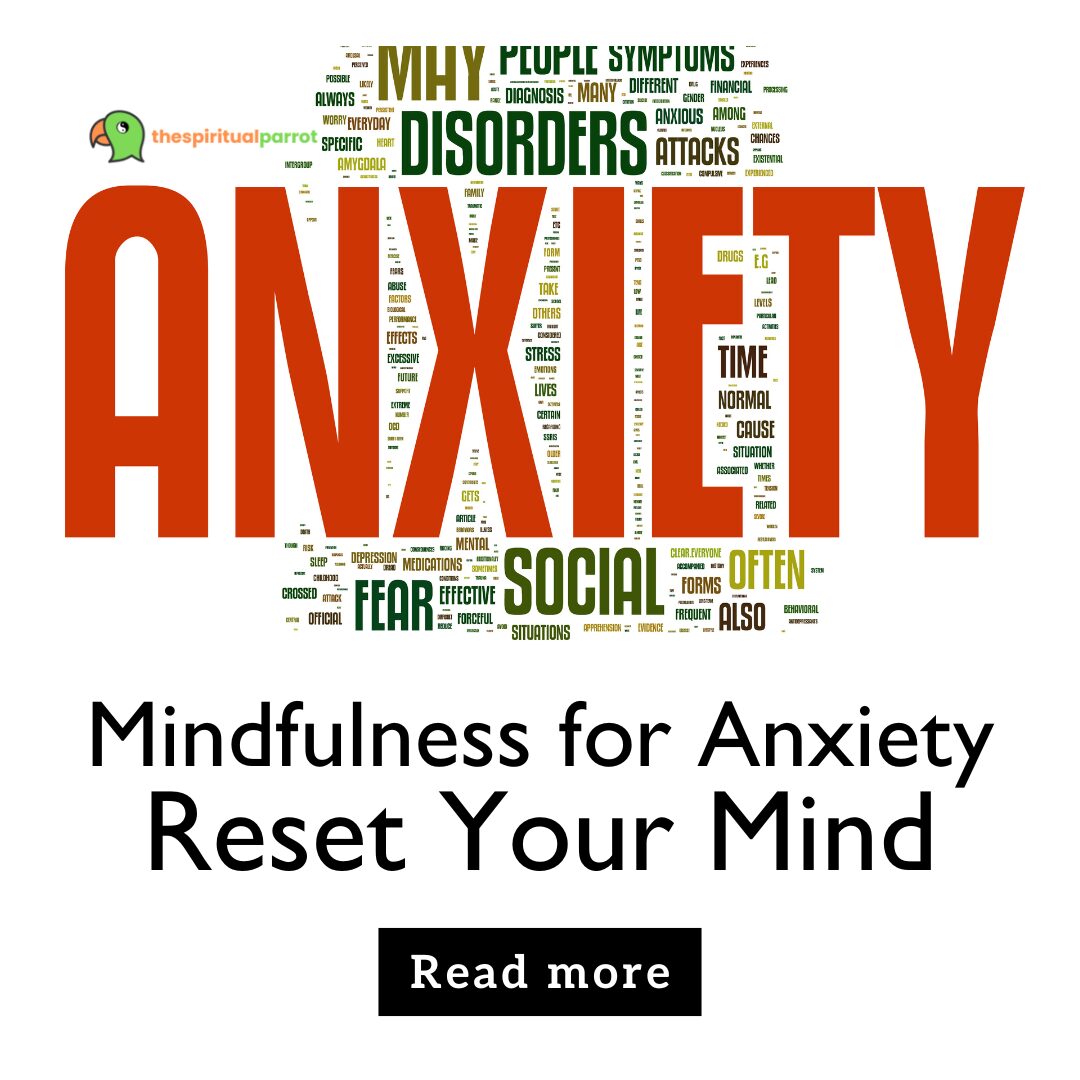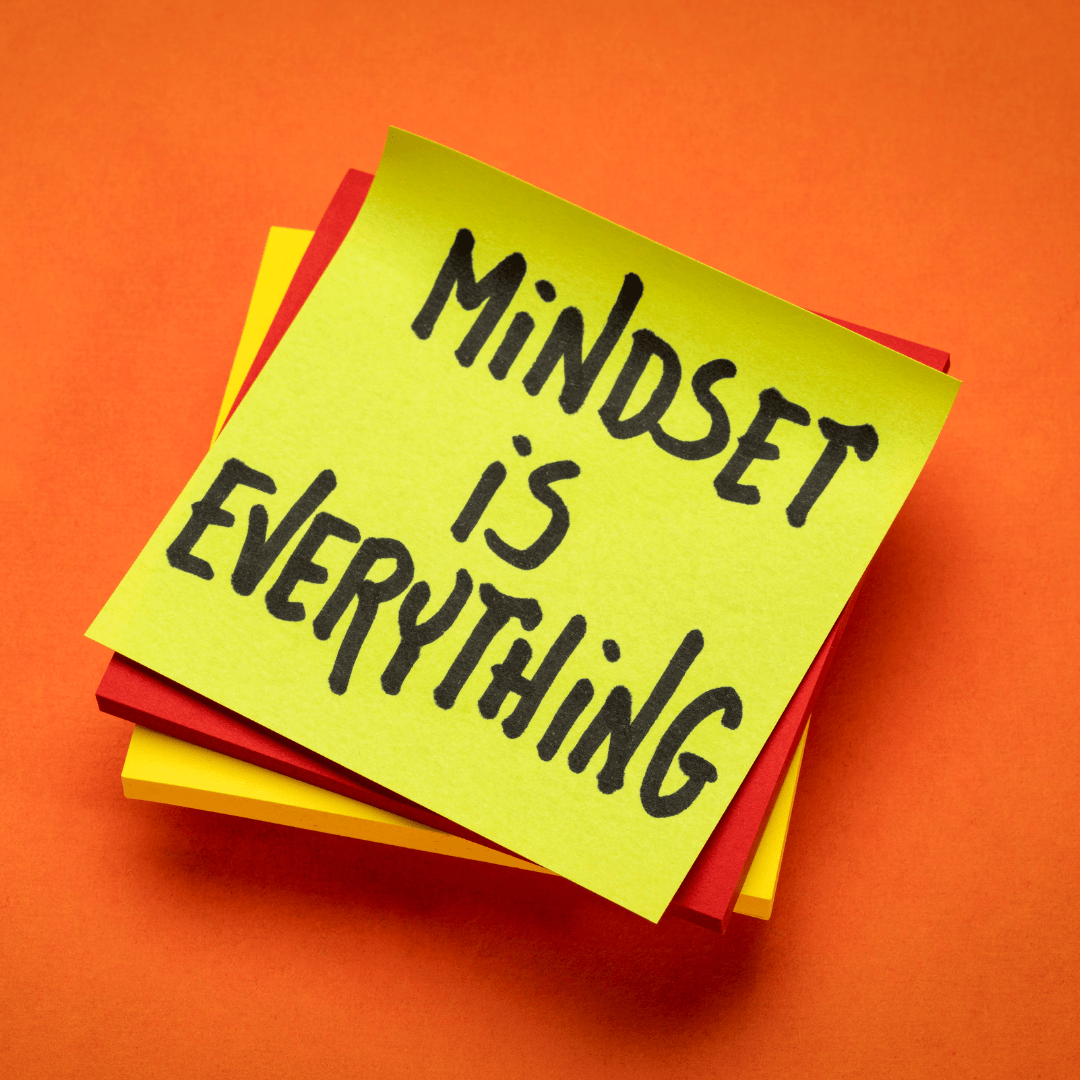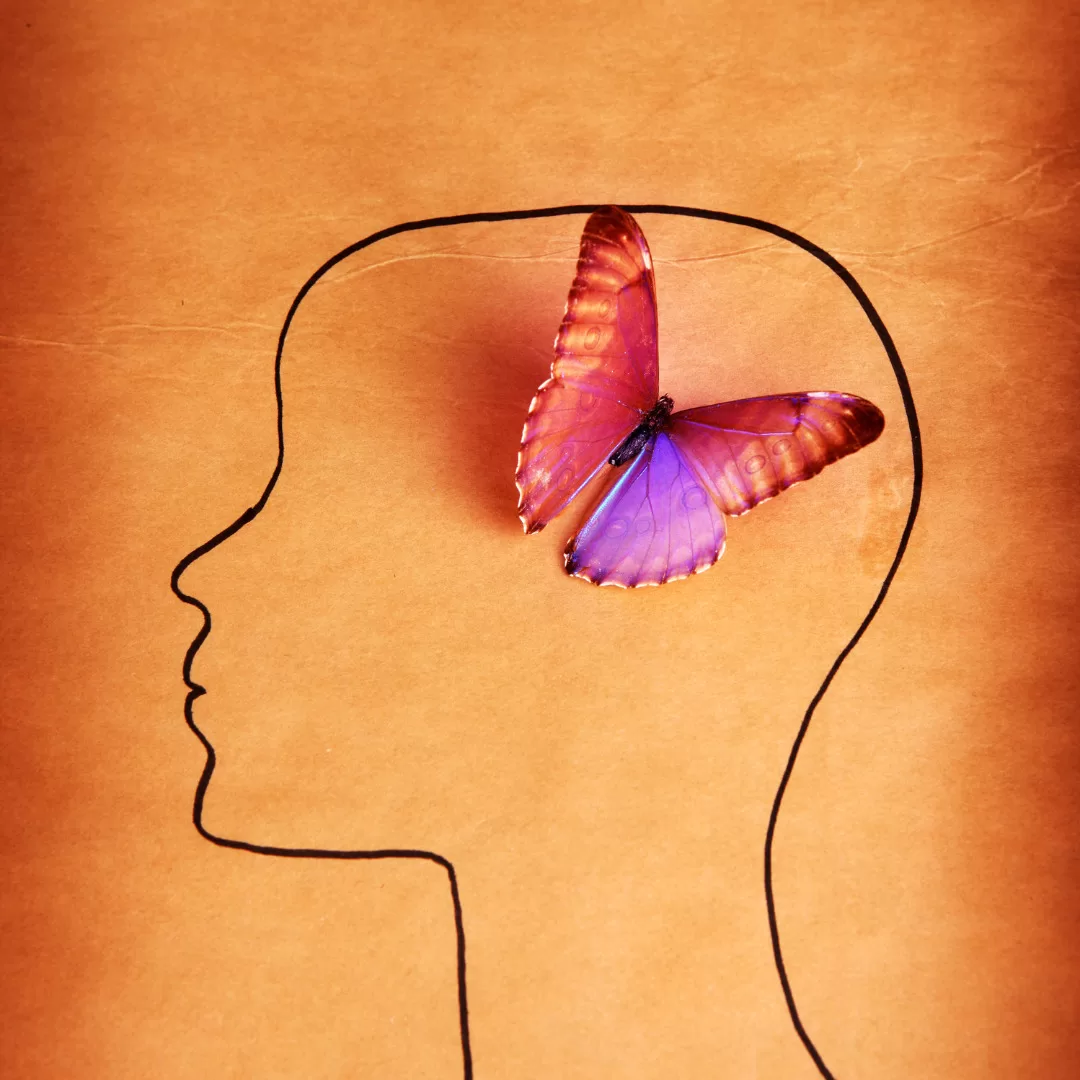Mindfulness and healthy relationships are both essential components of living a meaningful life. In our fast-paced world, it can be easy to lose sight of the importance of cultivating positive relationships for ourselves and those around us. Mindfulness is a practice that enables us to become more aware of our thoughts, feelings, and emotions – which can help us better understand how we interact with others. This article will focus on how mindfulness can improve relationships by increasing self-awareness, communication, and empathy.
Introduction to Improve Your Relationships with Mindfulness
Are you ready to take your relationships to the next level? In this section, we’ll introduce you to how to improve your relationships with mindfulness. You’ll learn what mindfulness is and why it’s essential for creating strong and fulfilling connections with others. And, we’ll give you a sneak peek at the various techniques we’ll cover in this post, including emotional awareness, active listening, mindful communication, and conflict resolution. By the end of this section, you’ll be eager to start incorporating mindfulness into your relationships.
Definition of Mindfulness
Mindfulness is the practice of being fully present at the moment, without judgment or distraction. It involves paying attention to your thoughts, emotions, and physical sensations, and observing them without getting caught up in them.
Importance of improving your relationships with mindfulness
Relationships, whether they are romantic, familial, or platonic, can be a source of great joy and fulfilment, but they can also be a source of stress and conflict. Mindfulness can help you improve your relationships by increasing emotional intelligence, promoting effective communication, and reducing conflict.
Overview of Techniques to be Discussed
In this blog post, we will discuss several mindfulness techniques that you can use to improve your relationships, including emotional awareness, active listening, mindful communication, and conflict resolution. By incorporating these techniques into your daily life, you can create stronger, healthier, and more fulfilling relationships.
Understanding Your Emotions
In this section, we’ll dive into the importance of emotional awareness and how it can improve your relationships. You’ll learn why it’s crucial to have a deeper understanding of your emotions, and how developing emotional intelligence can lead to stronger, healthier relationships. We’ll also explore various methods for practicing emotional awareness and the impact that it can have on your connections with others. Get ready to gain a deeper understanding of your emotions and how they impact your relationships!
Why Emotional Awareness Matters
Emotions play a crucial role in our relationships, and having a deeper understanding of them can help us build stronger connections with others. By becoming more emotionally aware, we can better understand and regulate our own emotions, and gain insight into the emotions of those around us.
The Importance of Emotional Awareness
Emotions play a significant role in our relationships, and having a deeper understanding of them can help us improve our connections with others. Emotional awareness allows us to recognize and regulate our own emotions, and understand the emotions of others.
Practicing Emotional Awareness
Practicing emotional awareness can be done through various methods, such as mindfulness meditation, journaling, therapy, and other self-reflection techniques. Incorporating these practices into your daily life can help you increase your emotional intelligence.
Benefits of Improved Emotional Awareness in Relationships
Improving your emotional awareness can lead to stronger, healthier relationships. You will have better conflict resolution skills, improved communication, and increased empathy and understanding towards others. These benefits can create deeper connections with the people in your life.
Active Listening
Active listening is a key component of mindfulness and can greatly improve relationships. In this section, we’ll explore what active listening is, the benefits it can bring to relationships, and how to practice it.
What is Active Listening?
Active listening is a communication technique where you give your full attention to the person speaking and try to understand their perspective. This involves not just hearing their words, but also paying attention to their body language, tone of voice, and emotions. Active listening requires effort and concentration, but the rewards are well worth it.
Benefits of Active Listening in Relationships
Active listening has numerous benefits in relationships, including increased understanding and empathy, reduced misunderstandings and conflicts, and stronger bonds. When you listen actively to others, you show them that you value their thoughts and feelings, and this can improve trust and communication in your relationships.
How to Practice Active Listening
Practicing active listening takes time and effort, but it can be done with a few simple steps. Here are some tips for improving your active listening skills:
-Give the person your full attention. This means putting aside distractions, such as your phone or other devices, and focusing solely on the person speaking.
-Ask questions. Show that you are interested in what the person has to say by asking questions that clarify their thoughts or feelings.
-Listen to their tone of voice and body language. Pay attention to nonverbal cues to get a better understanding of what the person is trying to communicate.
-Paraphrase what they are saying. This helps you to confirm your understanding of the person’s perspective, and it also shows that you are paying attention.
-By incorporating active listening into your relationships, you can create stronger connections and reduce misunderstandings and conflicts.
Mindful Communication
Mindful communication is the practice of being fully present and intentional when communicating with others. In this section, we’ll discuss the importance of mindful communication in relationships and how it can lead to better understanding and more fulfilling connections. By the end of this section, you’ll have the tools to communicate more mindfully and enhance your relationships.
What is Mindful Communication?
Mindful communication is the practice of being present, attentive, and non-judgmental while communicating with others. It involves being aware of your own thoughts and emotions, as well as those of the person you’re speaking with. Mindful communication also involves active listening and making a conscious effort to understand the other person’s perspective.
Benefits of Mindful Communication in Relationships
By practicing mindful communication, you can also improve the quality of your relationships by reducing misunderstandings and conflicts, increasing empathy and understanding, and creating deeper, more meaningful connections. Mindful communication also helps to foster trust and intimacy in relationships, as well as improves the ability to resolve conflicts in a healthy and productive manner.
How to Practice Mindful Communication
To practice mindful communication, you can start by setting aside time to actively listen to others, paying attention to your own thoughts and emotions, and avoiding distractions during conversations. You can also make a conscious effort to understand the other person’s perspective and express yourself in a non-judgmental and empathetic way. With time and practice, you’ll be able to incorporate mindful communication into your daily life and improve the quality of your relationships.
Mindful Conflict Resolution
Conflict is an inevitable part of relationships, but it doesn’t have to be destructive. In this section, we’ll discuss the role of mindfulness in resolving conflicts in a healthy and effective manner. You’ll learn techniques for handling conflicts mindfully, including staying calm, avoiding blame, and finding common ground. By the end of this section, you’ll have the skills to approach conflicts with mindfulness and resolve them in a way that strengthens your relationships.
Understanding the Benefits of Mindful Conflict Resolution
When conflicts arise, it’s easy to react in a defensive or hostile manner, but this only serves to escalate the situation. Mindful conflict resolution can help you approach conflicts in a more calm and constructive way, reducing stress and improving your relationships. By practicing mindful conflict resolution, you can increase emotional intelligence, foster effective communication, and deepen your connections with others.
How to Approach Conflicts Mindfully
Mindful conflict resolution begins with a shift in perspective. Instead of focusing on winning or being right, you focus on understanding and resolving the underlying issues. When approaching conflicts mindfully, it’s important to remain calm and centered, listen actively to the other person, and communicate clearly and respectfully.
Techniques for Mindful Conflict Resolution
In this section, we’ll discuss specific techniques for practicing mindful conflict resolution. These may include taking a break to calm down, using “I” statements instead of blaming others, and focusing on common goals and interests. By using these techniques, you can resolve conflicts more effectively and improve your relationships in the process.
Take a Break
If conflicts are starting to escalate, it’s important to take a step back and calm down. This can be as simple as taking a walk, meditating, or engaging in deep breathing exercises. By taking a break, you can gain clarity and approach the conflict with a fresh perspective.
Use “I” Statements
Instead of blaming others or pointing fingers, use “I” statements to express your own thoughts and feelings. This approach helps to defuse tension and promotes more productive and respectful communication.
Focus on Common Goals and Interests
When in conflict, it can be easy to become focused on individual needs and desires. However, by focusing on common goals and interests, you can find more common ground and resolve the conflict more effectively.
Gratitude and Compassion in Mindful Relationships
In this section, we’ll explore the role that gratitude and compassion play in improving relationships. You’ll learn how expressing gratitude and having compassion for others can deepen your connections and also increase feelings of fulfilment. We’ll discuss practical tips for incorporating gratitude and compassion into your daily life, such as expressing gratitude regularly and being mindful of others’ feelings. By the end of this section, you’ll have a greater understanding of the power of gratitude and compassion in relationships, and the tools to put these practices into action.
The Power of Gratitude to Improve Relationships
Gratitude is a powerful emotion that has the ability to transform relationships for the better. When we express gratitude for the people in our lives, we deepen our connections with them and increase feelings of happiness and fulfilment. In relationships, gratitude can help foster a positive atmosphere, reduce conflict, and create a sense of appreciation for the other person.

How to Practice Gratitude
Practicing gratitude in your relationships is easier than you might think. Start by setting aside a few minutes each day to reflect on the things you’re grateful for in your relationships. This could be also as simple as listing three things you’re grateful for each day or writing a thank you note to someone who has made a positive impact on your life. You could also incorporate gratitude into your daily conversations by expressing appreciation for the people in your life.
The Role of Compassion to improve Relationships
Compassion is another important aspect of mindfulness in relationships. It involves being empathetic, understanding, and kind towards others. When we have compassion for those in our lives, we are able to see things from their perspective and respond in a way that is supportive and understanding. Incorporating compassion into your relationships can lead to deeper connections, reduced conflict, and increased feelings of fulfilment.
How to Practice Compassion
Here are some tips for incorporating compassion into your daily life:
Practice Empathy
Try to put yourself in others’ shoes and imagine how they might feel in a given situation. This can help you approach them with more understanding and kindness.
Cultivate a Non-Judgmental Attitude
Avoid making quick judgments about others and try to approach them with an open mind. Remember that everyone is struggling in their own way and try to offer them compassion and understanding.
Engage in Random Acts of Kindness
Small acts of kindness can make a big impact. Try to do something kind for others on a regular basis, whether it’s offering a compliment, holding the door open, or simply listening to someone’s problems.
By incorporating these techniques into your daily life, you can practice compassion and improve your relationships with others.
Improve your relationships by Incorporating Mindfulness
In this final section, we’ll bring everything together and discuss how to incorporate mindfulness into your daily life to improve your relationships. You’ll learn tips for making mindfulness a habit, such as setting aside time each day to practice, and creating a supportive environment. By the end of this section, you’ll be equipped with a plan for incorporating mindfulness into your relationships and taking your connections to the next level.
Improve your relationships with mindfulness as a daily habit
Making mindfulness a habit takes time and effort, but the rewards are well worth it. Here are some tips for making mindfulness a part of your daily routine:
- Set aside time each day to practice mindfulness, whether it’s for 5 minutes or an hour.
- Find a quiet place where you can focus without distraction.
- Use prompts to remind yourself to practice mindfulness throughout the day.
Creating a Supportive Environment for Mindful Relationships
Creating an environment that supports your mindfulness practice can help you stay on track and motivated. Here are some ways to create a supportive environment:
- Find a mindfulness partner or join a mindfulness group to share your experience with others.
- Use mindfulness apps, such as guided meditations or calming music, to enhance your practice.
- Surround yourself with people who support your mindfulness journey and also who encourage you to continue.
Staying Committed to Your Mindfulness Practice
Staying committed to your mindfulness practice can be challenging, but it’s essential for reaping the benefits. Here are some ways to stay committed:
- Make mindfulness a non-negotiable part of your daily routine.
- Remember why you started practicing mindfulness and also the benefits you hope to achieve.
- Celebrate your progress and be kind to yourself when you have setbacks.
By following these steps, you’ll be well on your way to incorporating mindfulness into your relationships and taking your connections to the next level.
Conclusion
In this section, we’ll summarize the key points covered in the post and reiterate the importance of mindfulness in relationships. We’ll also offer some final thoughts and recommendations for incorporating mindfulness into your daily life to improve your relationships.
Key Takeaways
In this blog post, we’ve explored the power of mindfulness in improving all types of relationships. We covered various mindfulness techniques, including emotional awareness, active listening, mindful communication, and conflict resolution, and discussed how incorporating these techniques into your daily life can also lead to stronger, healthier, and more fulfilling relationships.
Reiteration of the Importance of Mindfulness in Relationships
Mindfulness is an essential tool for creating strong and fulfilling relationships. Also increasing emotional intelligence, promoting effective communication, and reducing conflict, mindfulness can help you build better connections with others and lead a more satisfying life.
Final Thoughts and Recommendations
We hope this post has given you a solid understanding of the role of mindfulness in relationships and also inspired you to start incorporating mindfulness into your own life. Remember, mindfulness is a lifelong practice, and the more you invest in it, the more you’ll reap its benefits. So, be patient with yourself, stay committed to your mindfulness practice, and enjoy the rewards of improved relationships.












